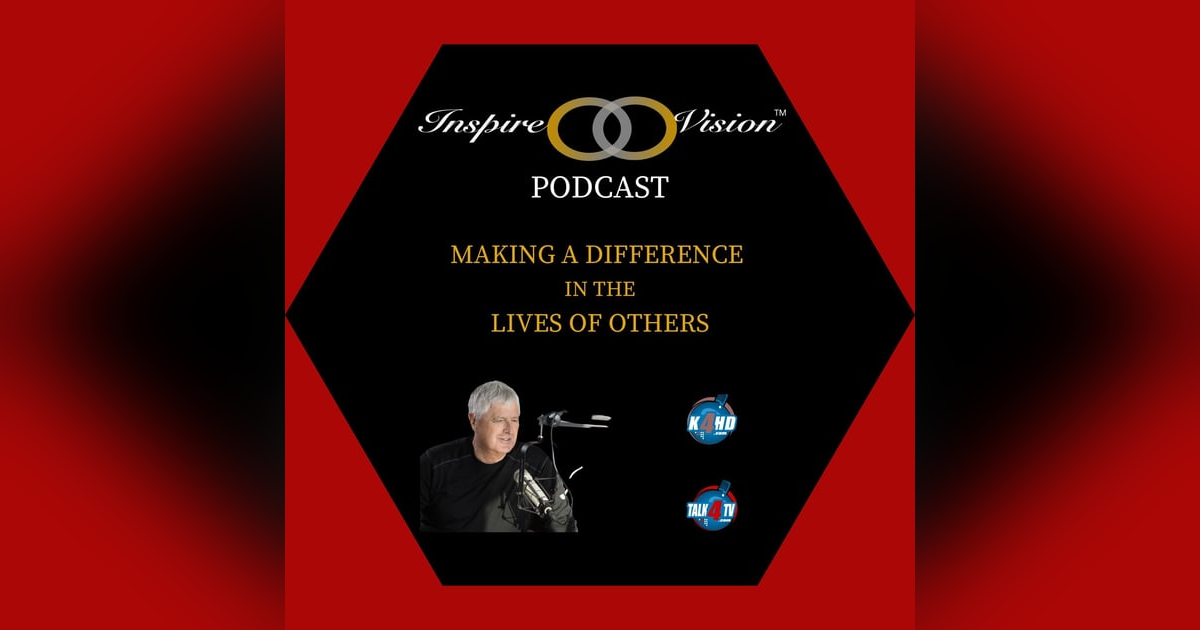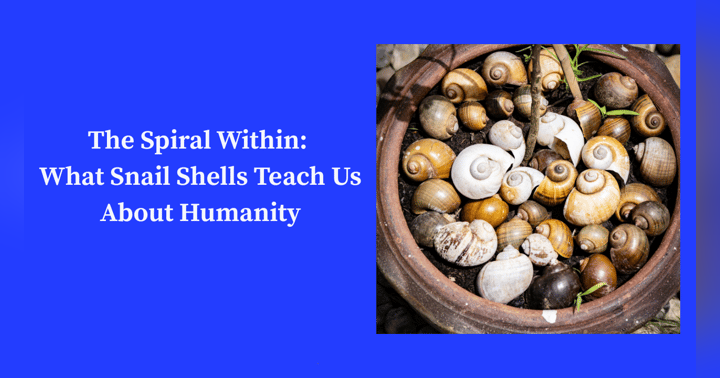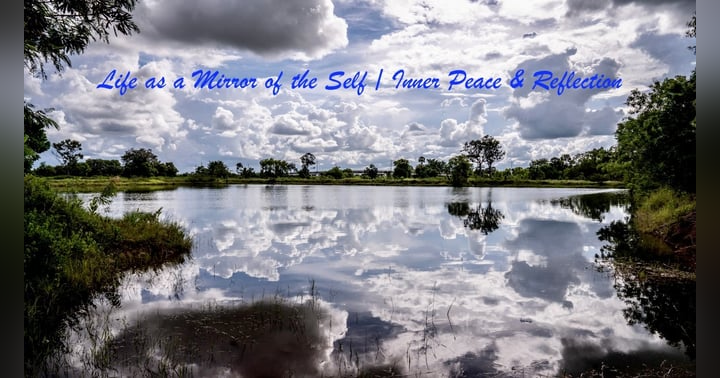Breaking Generational Patterns: Transforming Future Generations Through Healing and Epigenetics

Introduction
Our families shape us in profound ways, passing down not only physical traits but also behaviors, beliefs, and emotional responses. Some of these inherited patterns can be detrimental, perpetuating cycles of trauma and dysfunction across generations. However, emerging research in epigenetics—the study of how behaviors and environment can cause changes that affect the way genes work—suggests that by actively changing these unwanted familial patterns, we can alter not only our own lives but also positively influence the genetic expressions of future generations. I have experienced this first hand.
Understanding Familial Patterns and Their Transmission
Familial patterns encompass the recurring behaviors, emotional responses, and belief systems that are transmitted within families. These can include tendencies toward anxiety, depression, addiction, trauma or even specific parenting styles. Traditionally, it was believed that such patterns were passed down solely through social learning and environmental exposure. However, the field of epigenetics has introduced the concept that our experiences can leave chemical marks on our genes, which can then be inherited by our offspring. This means that trauma can leave a chemical mark on a person’s genes, which can then be passed down to future generations.
The Role of Epigenetics in Generational Transmission
Epigenetics involves changes in gene expression that do not alter the underlying DNA sequence but can affect how genes are turned on or off. These changes can be influenced by various factors, including stress, trauma, diet, and environmental exposures. For instance, studies have shown that the descendants of individuals who experienced severe trauma, such as Holocaust survivors, exhibit epigenetic changes linked to stress response. This suggests that the effects of trauma can reverberate down the generations through epigenetics.
Breaking the Cycle: Healing and Its Epigenetic Impact
The encouraging aspect of epigenetics is its dynamic nature; epigenetic marks can be modified. By engaging in healing practices and creating positive environmental changes, it’s possible to reshape these epigenetic expressions. Therapeutic interventions, mindfulness practices, and fostering supportive relationships can lead to positive epigenetic modifications, potentially reducing the transmission of trauma to future generations. This means that when you heal emotional wounds, overcome habits, or adopt healthier behaviors, you can create a biological shift. Your choices today don’t just impact you—they rewire what’s passed to your children and grandchildren.
Practical Steps to Transform Familial Patterns
- Self-Awareness and Reflection: Identify and acknowledge the negative patterns present in your family history. Understanding these patterns is the first step toward change.
- Seek Professional Help: Engage with mental health professionals who can provide therapies aimed at processing and healing trauma.
- Mindfulness and Stress Reduction: Incorporate practices such as meditation, yoga, or deep-breathing exercises to manage stress and promote emotional well-being.
- Healthy Lifestyle Choices: Adopt a balanced diet, regular physical activity, and sufficient sleep, all of which can positively influence gene expression.
- Foster Positive Relationships: Build and maintain supportive and nurturing relationships to create a healthy emotional environment.
Conclusion
While we cannot change the past, we have the power to influence the future. By actively working to heal from trauma and alter detrimental familial patterns, we can initiate positive epigenetic changes that benefit not only ourselves but also future generations. This transformative process underscores the profound impact of personal healing on the collective well-being of our descendants.
“You are the generation that breaks the cycle. Your children will walk a path paved with your courage.”
































